#Daimler
Mercedes Confirms Job Cuts in $1.4 Billion Restructuring Plan
On Thursday, Daimler made an announcement confirming earlier reports that it plans to cut roughly ten percent of its management staff as part of a broader restructuring plan. Financial hardship has become a sign of the times for the auto industry. Most sizable manufacturers are coming off an investment spree aimed at developing new-energy vehicles, autonomous driving systems, and connected services. Unfortunately, those commitments came at roughly the same time the world’s largest auto markets started to collectively plateau.
A broad approach no longer seems feasible for all but the absolute largest automakers on the planet. We’ve seen many attempt to downsize through restructuring or by entering inte partnerships with other firms to share costs — sometimes both. Knowing this as well as anyone, Daimler issued two profit warnings this year as Mercedes-Benz was fined $960 million in an emissions-cheating settlement while hemorrhaging cash through EV investments.
Mercedes-Benz Reportedly Planning to Cut Management, Freeze Wages
Reports have come in from Germany that Mercedes-Benz has decided to reduce its management staff by around 10 percent globally. On Friday, German newspaper Suddeutsche Zeitung wrote that Daimler CEO Ola Källenius wishes to delete around 1,100 management posts while freezing wages for all 300,000 German employees — citing internal documents from the automaker’s works council.
Handelsblatt also said it intercepted a copy of the letter, with both outlets claiming Daimler would elaborate further on the plan this Thursday. While Mercedes said it couldn’t comment on the matter, its restructuring push was no secret, even before Källenius took over as chairman in May.
Mercedes-Benz Announces Electric G-Class
Sascha Pallenberg, Daimler’s Head of “Digital Transformation,” shared a quote from CEO Ola Källenius issued at this year’s Automobilwoche Kongress, saying Mercedes-Benz is planning to manufacture an electric G-Class.
“There will be a zero-emission EV version of the Mercedes-Benz G-Class. In the past there were discussions whether we should eliminate the model, the way I see things now I’d say the last Mercedes to be built will be a G-Class,” Källenius said.
Using current battery technologies, this seems idiotic. The G-Class already outweighs pretty much every EV on the market this author can think of and it’s only going to get heavier once it’s lugging around a gigantic battery pack. The lightest G-Wagon tips the scales at 5,550 pounds. Another thousand wouldn’t be out of the question if Daimler expects it to have a truly competitive range. The model is just too heavy and has the aerodynamics of an open parachute.
Industrial Trash Talk Between BMW and Mercedes
Cooperation between automakers is a good way to cope with rising costs but, if we’re being honest, it’s much more exciting when they don’t get along. Think about some of your favorite automobiles. Odds are good that they have a counterpart from another manufacturer they’re supposed to be warring with — Mustang vs Camaro, WRX STI vs Lancer Evolution, Camry vs Accord, Gremlin vs Pinto.
The best rivalries are between manufacturers, as those provide ample opportunity for snide marketing. If we had our druthers, automakers would be forced to compete in biannual gladiator-style competitions that open with scored trash talk. But dreams rarely come true; automotive bloodsports probably require a few years of heavy planning, too.
Luckily, industrial-grade insults aren’t something we have to wait for. To our delight, Daimler AG and BMW Group were going at it on Halloween.
Report: Mercedes-AMG C63 Abandoning V8 Power
The next-generation Mercedes-AMG C63 will be quite a bit different than the model that’s currently on sale. We’ve already heard stirrings that rear-wheel drive will be swapped for standard all-wheel drive with the sub-brand’s now-familiar drift mode. But additional rumors now suggest the Autobahn bruiser is poised to abandon its 4.0-liter biturbo V8.
While nothing has been confirmed by the manufacturer, Autocar claims details sourced from AMG’s Affalterbach engineering HQ indicate the C63 will embrace a 2.0-liter inline-four using a 48V mild-hybrid system.
Daimler Takes a Billion-dollar Hit for Diesel Violations
There’s a whiff of diesel in the air this morning, as all the news out of Europe seems to stem from compression-ignition trickery by German automakers. Hot on the heels of the indictment of Volkswagen boss Herbert Diess and his company’s chairman, Daimler finds itself on the hook for nearly $1 billion in fines in the same country.
The penalty comes by way of Germany prosecutors who claim some 684,000 Mercedes-Benz vehicles came equipped with rigged exhaust gas after-treatment systems.
Thousands of Mercedes-Benz GLEs Mysteriously Chilling on North German Runway
Daimler has been forced to store thousands of vehicles at a former military airport in northern Germany, the result of supplier issues that are stalling deliveries of the updated GLE-Class. While keeping cars on ice until they can be shipped is totally normal, it’s odd to see them lined up on a runway. It makes it look like they’re all about to take to the sky or engage in the most congested drag race in history.
Assembled in Alabama, these SUVs are being held up by unknown supply chain problems. Mercedes-Benz suggested there may be also be problems stemming from the multi-market launch of the updated GLE and a surge in output from the U.S. factory.
The Mercedes-Benz CLA Sure Is Getting Expensive
With the Mercedes-Benz A-Class now available in North America, the CLA Coupe (a sedan) is no longer the automaker’s most affordable offering. Part of that stems from the manufacturer need to keep some financial distance between the two. The A-Class is Daimler’s new gateway drug, leading younger buyers down the perilous road of purchasing GLEs and E-Class wagons. It’s best to let the CLA give the smaller sedan some economic breathing room. However, that was never really an issue, as CLA pricing has been running away with itself for years.
According to order forms intercepted by CarsDirect, the 2020 CLA250 will start at $37,645 (including a $995 destination charge). That makes it $3,550 dearer than the 2019 model year and $7,745 more than when the first CLA appeared in 2014.
More Van News From Mercedes-Benz
Despite vans being slightly more popular than getting a thumb in the eye, Mercedes-Benz is sticking with them. Earlier in the month, the automaker revealed the production version of its 252-mile (we’ll see) EQV. Essentially an electrified version of the plush V-Class/Metris, the model will likely serve a very specific subset of the population.
On the other end of the spectrum, Daimler has been mulling over what should be done about the Citan. As the smallest van in MB’s range, the Citan also has the lowest point of entry. However, sales are roughly one-sixth what the V-Class sees in Europe, making it a plausible candidate for discontinuation. But it was not to be. On Friday, Daimler announced it will keep its smallest MPV on the table.
Adding Audi: German Automakers Update Autonomous Alliance
With BMW and Daimler already getting cosy via their autonomous vehicle partnership, the duo plans on bringing self-driving ( SAE Level 4) tech to the masses by 2024. While other automakers have promised more advanced autonomy on a shorter timeline, the reality of the situation is that true self-driving capabilities are proving difficult and expensive to produce. By partnering up, the Germans believe they can continue their quest while sharing the financial burden of development.
The more the merrier, apparently. According to Germany’s Wirtschaftswoche, Audi will be the next guest to arrive at the party. Daimler and BMW’s previous release stipulated that the pair would focus on the joint development of next-generation technologies for driver assistance systems, automated driving on highways, and automated parking — with the goal of seeing those technologies adapted for passenger vehicles by 2024.
2020 Mercedes-Benz EQV: Who Needs an Electric Luxury Van?
It would appear that nobody notified Mercedes-Benz that the minivan segment is shrinking faster than male genitals dunked into icy water. Fortunately, while large MPV sales similarly dwindled in Europe by around 30 percent last year, there may be enough positive heat on vans and electric vehicles leftover for the manufacturer to try and bundle both into one package. Enter the Mercedes-Benz EQV — the next arrival for the EQ sub-brand and first non-commercial, electric luxury van offered by an established automaker. Sounds like a niche market.
While not officially scheduled to debut until next month’s Frankfurt Motor Show, the EQV has already been teased as a near-production prototype at the 2019 Geneva Motor Show. Daimler’s also felt comfortable enough to showcase the finished vehicle online, saving a handful of details for the German trade show.
New BMW Boss Rekindles the Rivalry, Politely Demands Employees Catch Up to Mercedes-Benz
Longtime luxury rivals BMW and Mercedes-Benz may have signed onto an autonomous vehicle/ride-hailing partnership earlier this year, but that doesn’t mean the two companies go around holding hands. The competitive spirit is still there; AV development just carries a price tag neither company wants to pay in full.
For BMW as well as M-B, the lucrative core business of selling luxury vehicles to a well-heeled clientele remains top of mind, and Bimmer’s new boss isn’t happy that his Stuttgart rivals are running away with the sales crown.
The Hits Keep Coming: Daimler Looking at $1 Billion Diesel Fine, Report Claims
Suspected emissions manipulation could net Daimler AG, parent company of Mercedes-Benz, a steep fine, but it seems the automaker already anticipates the expenditure. According to a report out of Germany, the auto giant stands to face a fine potentially topping $1 billion, which is a relative bargain compared to the bill handed to rival Volkswagen Group over its widespread emissions cheating.
It’s bad news Daimler doesn’t need in these turbulent times.
Car2Go Thieves Test Car-sharing Vulnerabilities
After suspending manual background checks to encourage fresh users in April, Daimler subsidiary Car2Go found itself with a problem in Chicago — its new customers were stealing cars by the gross.
On the April 15th, the ride-sharing service notice an uptick in usage that was well above the norm. However, as the day progressed, the company found that a lot of its higher-end vehicles weren’t coming back. Instead, they were convening on Chicago’s West Side. Two days later, the Chicago Police Department announced that it had been notified by Car2Go that some of the company’s vehicles may have been rented by deceptive or fraudulent means and was officially on the prowl for justice.
What Ever Happened to Mercedes' Dieselgate?
After Volkswagen admitted to equipping some of its diesel-powered autos with illegal software designed to circumvent emissions testing in 2015, every automaker on the planet fell under enhanced scrutiny. By 2016, U.S. regulators were checking on Mercedes-parent Daimler to see if there were any pollutant-related shenanigans taking place behind the scenes. Germany followed suit shortly thereafter, launching its own investigation.
However, with no local updates on the matter, it was presumed Daimler was in the clear — except Germany did find evidence of corporate misdeeds and the company recalled 3 million vehicles in 2017. At the time, we figured the situation would swiftly bleed over into the United States and help wrap things up. But it hasn’t yet and The Detroit News took time this month to ponder what’s taking federal regulators so long.




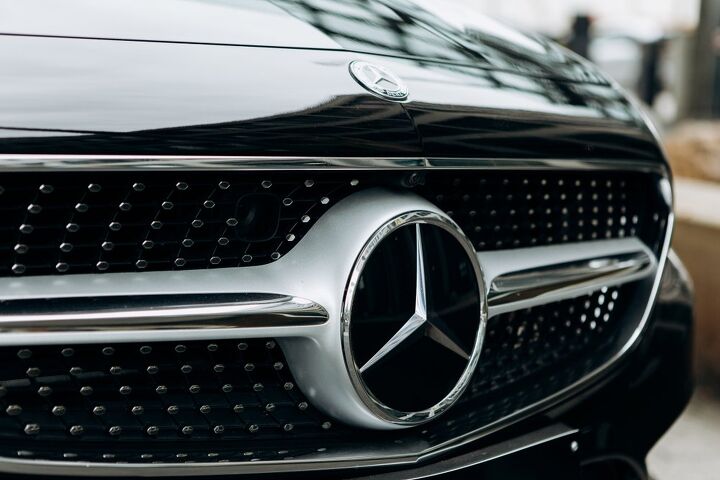

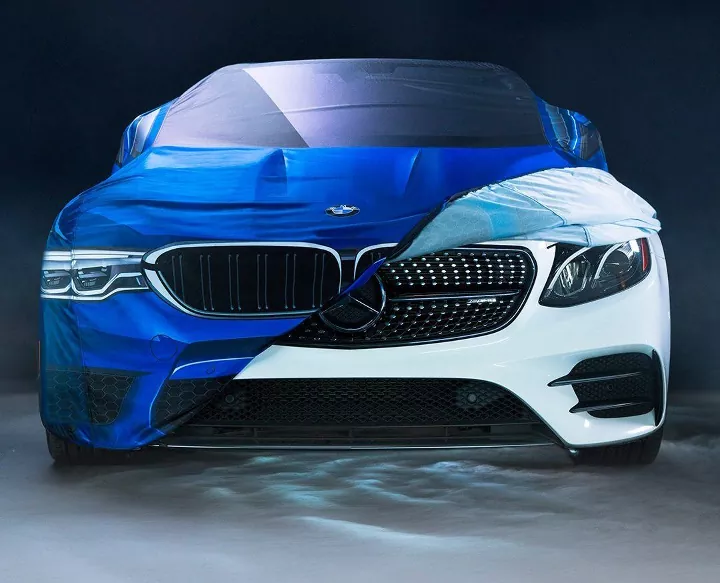
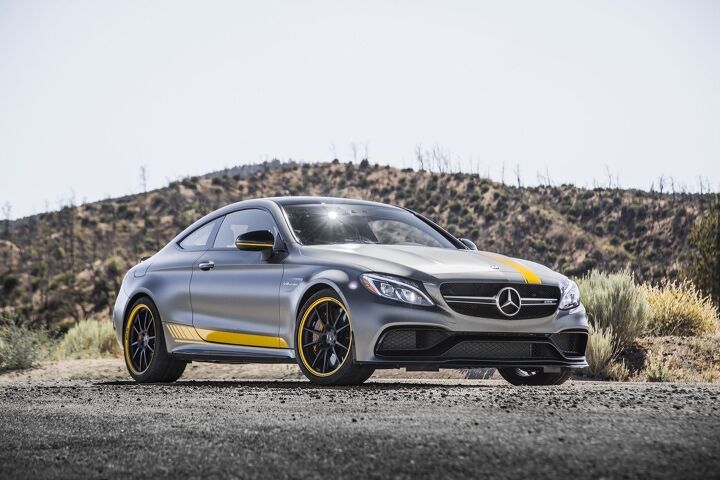

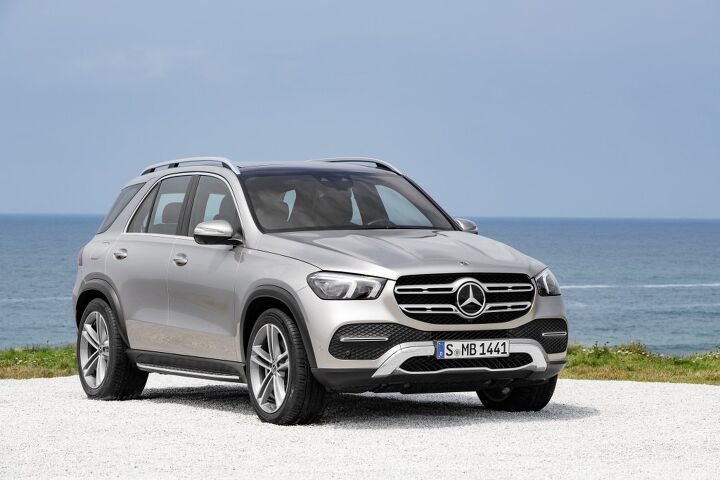
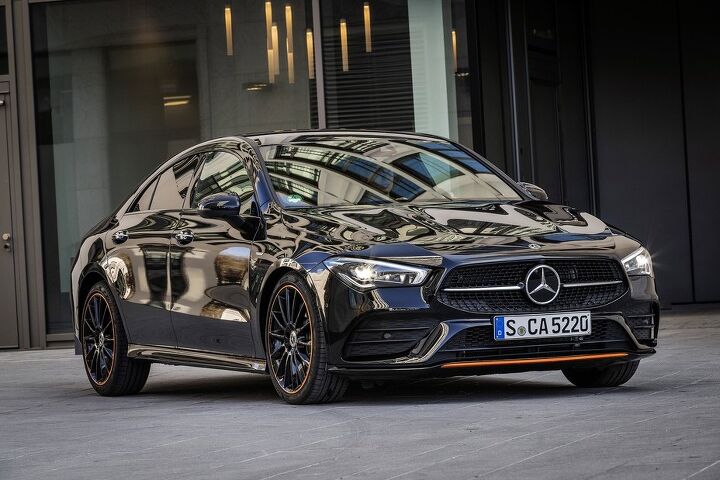
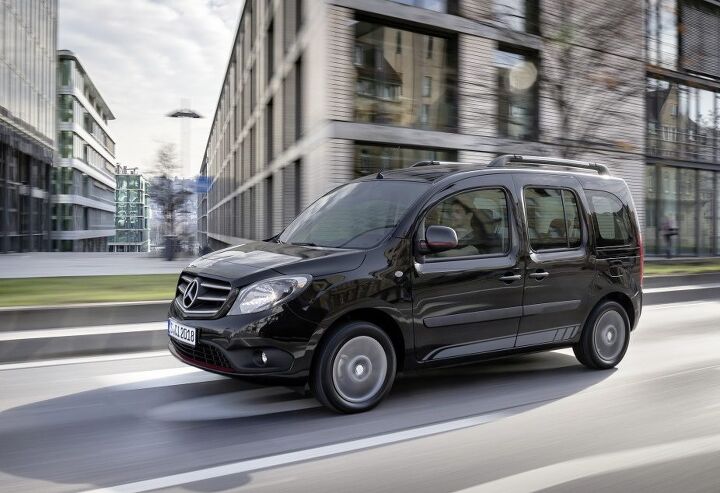

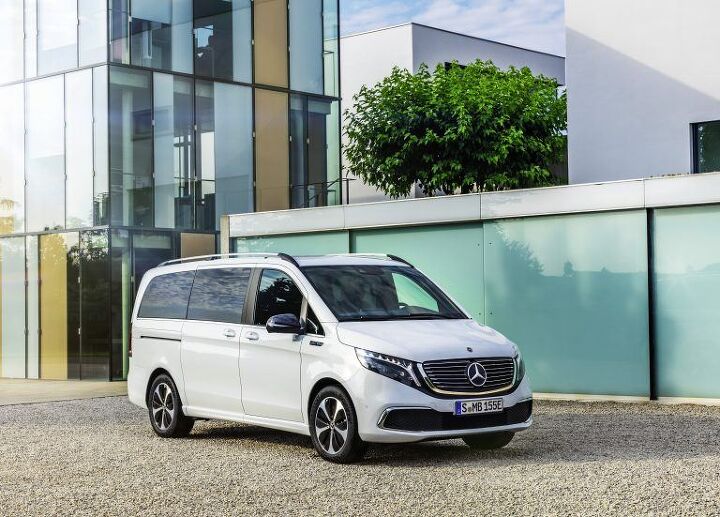



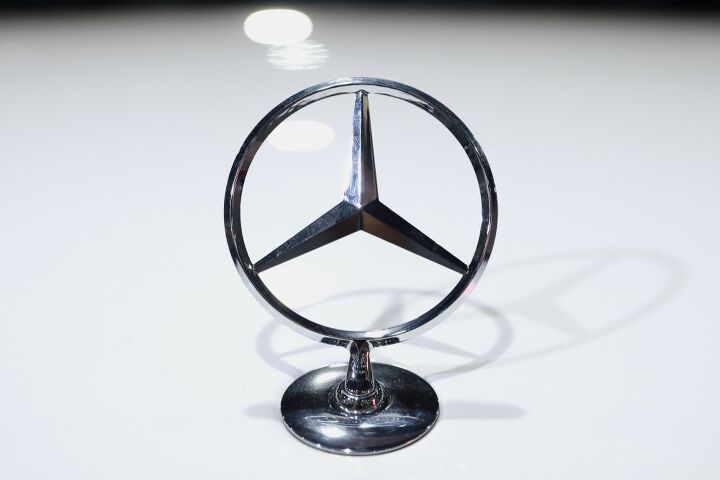












Recent Comments